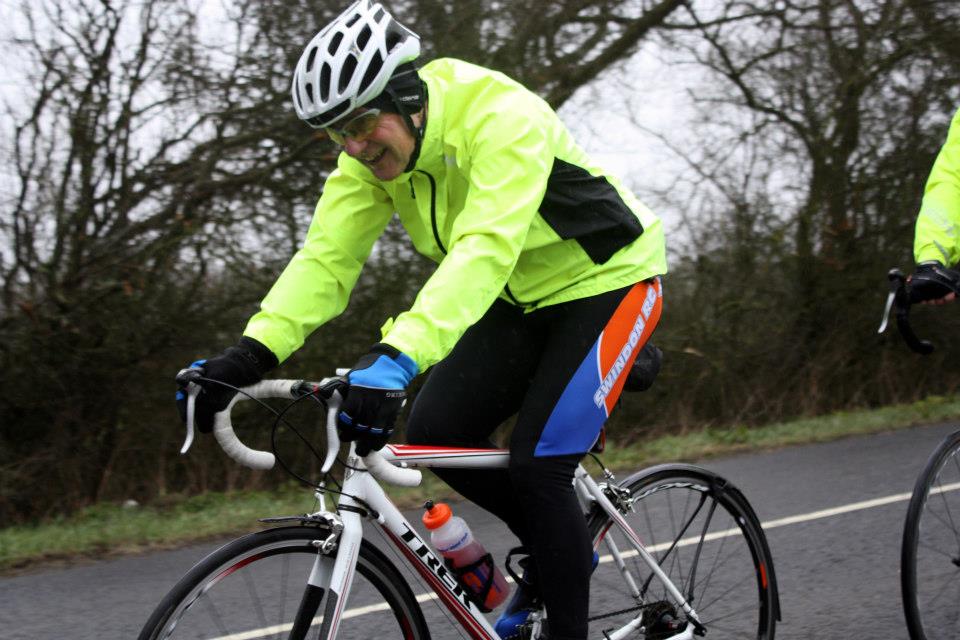
In this months message Bishop Lee asks whether there is more to marginal gains than making small incremental changes.
At the residential of the College of Bishops this month, a few speakers alluded to a recent newspaper article on the importance of small incremental changes for an organisation. The primary example was British Cycling and the success they had found from this philosophy. Many of you will know that cycling is one of my particular interests and passions, so I found myself wondering whether the idea was being slightly misunderstood and undersold.
The term used by Sir Dave Brailsford in his roles with British Cycling and Team Sky, the professional cycling team, is marginal gains; the thin blue line which runs down the back of the Team Sky jerseys symbolises this. At one level, marginal gains is about making small, incremental changes which collectively add up to a significant move forward in this case over the competition. However, the philosophy of applying marginal gains has been underpinned by a seismic change in the culture of Olympic and professional cycling.
This culture has emerged from great clarity about the goal, for Team Sky it has been winning the Tour de France, for British Cycling it has been Olympic medals. It has involved a laser-like focus on priorities, a huge investment of resources, a deep commitment to evidence-based decisions, a willingness to do things differently to how they have always been done (this is especially true for Team Sky), and the courage to make very hard decisions such as standing down proven medal winners in favour of emerging talent when the evidence was, or wasnt, there.
In the past year we have seen the shadow-side of the culture in British Cycling and in Team Sky. One well-known rider who was not selected for the Olympics brought a complaint of sexism and bullying in British Cycling. Most of those complaints were not upheld but a key figure did lose his job. Team Sky have been accused of an inappropriate use of Therapeutic Use Exemptions (TUEs), and a shadow has been cast over our first British winner of the Tour de France.
So what might this have to do with the Church of England and where we find ourselves at this time in our history, and in the history of the United Kingdom? Shall we just stick to looking to make small incremental changes in what we already do or do we embrace more wholeheartedly what a philosophy of marginal gains entails? Answers on a postcard…
Unlike winning the Tour de France or Olympic medals, having great clarity around the collective vision or goal of the Church of England is not quite so easy to pin down in a sentence! However, without clarity we risk heading in different directions, dissipating our energy and resources. Without a focus on a few priorities we can easily become overstretched, ineffective and demoralised.
Jesus was very clear about his priorities as evidenced from statements in the Gospels which begin I was sent to or I have come to. In the Diocese of Bristol, after considerable consultation and focusing-in we have agreed a vision of Connecting with God, with each other, and with our communities, and three priorities: Making Disciples, Growing Leaders, and Engaging Younger Generations. How each parish or chaplaincy endeavours to do this will be appropriate for each context - there is no one size fits all.
We may not have the resources of British Cycling Team Sky, but we have resources which simply do not appear on their radar. I continue to go back to Prof Martin Percys insight that the greatest problem facing the Church is coping with the abundance of God. May I encourage you to look again at what British Cycling had to do to change their trajectory and prayerfully consider how these might translate to your setting parish setting in the light of our Diocesan vision and priorities.